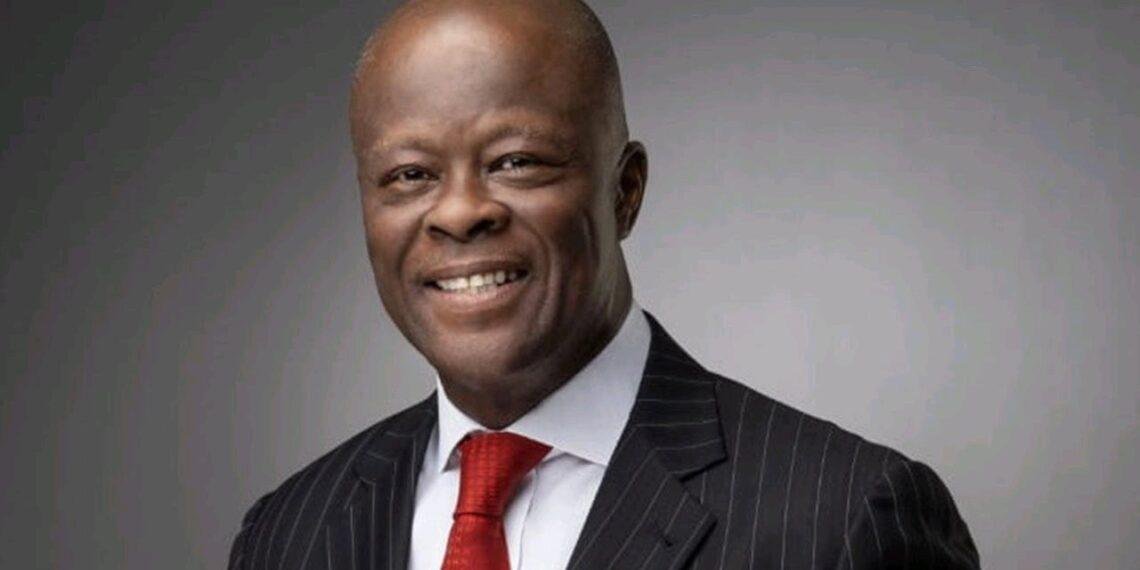The Federal Government of Nigeria has revealed it is in advanced talks with global powerhouses, including the United States, United Kingdom, Saudi Arabia, Australia, and other top nations to open up fresh job opportunities for Nigerians both at home and abroad.
Minister of Labour and Employment, Muhammad Maigari Dingyadi, disclosed the initiative on Tuesday in Abuja, stressing that the collaboration aims to arm Nigerians with modern, globally competitive skills. He confirmed that a Memorandum of Understanding (MoU) has already been signed with one country, while negotiations with others are progressing at a promising pace.
“This is not just about sending Nigerians to work overseas,” Dingyadi stated. “We are equipping them to represent Nigeria with excellence and ensuring the nation benefits financially and otherwise from their expertise abroad. This is a win-win program, as skilled Nigerians will work in partner countries while some of their citizens will also bring their expertise here.”
According to the minister, the partnership will focus on cutting-edge skill development in areas such as Information and Communication Technology (ICT), Artificial Intelligence (AI), and green energy. He explained that the government is shifting away from outdated vocational training methods, where equipment packs were often sold off after programs, to skills that can generate income online, create jobs locally, and meet the demands of the digital economy.
Dingyadi emphasized that Nigeria must embrace technology-driven opportunities or risk falling behind in the global race for innovation. “AI is the future, and we have no choice but to prepare our workforce to compete globally,” he declared.
Read also:
- Over 1.9 Million Nigerians apply for 30,000 federal paramilitary jobs as CDCFIB recruitment portal closes
- CDCFFIB warns job seekers against fake shortlisting messages
- FG, governors launch initiative to create 1,000 jobs in each ward across Nigeria
Highlighting his nine months in office, the minister credited workforce stability to continuous dialogue with labour unions, proactive engagement on workers’ concerns, and a stronger relationship with trade bodies. Skill acquisition programs, he noted, have gained significant momentum, with thousands of Nigerians already benefiting from modern vocational training and job readiness programs.
On the newly approved National Industrial Relations Policy, Dingyadi dismissed speculation that it seeks to criminalize strike actions. He clarified that the policy was drafted in close consultation with the Nigeria Labour Congress (NLC), the Trade Union Congress (TUC), and other key stakeholders to strengthen labour relations while protecting workers’ rights.
With this international push, Nigeria is positioning itself as a hub for skilled talent in the global job market, potentially unlocking unprecedented employment and economic opportunities for millions of its citizens.






